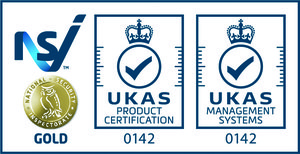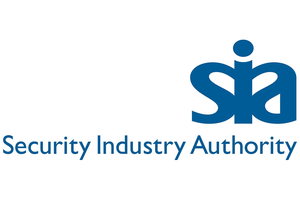“There is nothing permanent except change”. Wise words from Heraclitus 2500 years ago. So we have got used to change occurring within systems we broadly understand. But what is particular about today’s change is that the change is to those actual systems upon which we have relied, particularly since WWII. This means that not just our assumed techniques but, more challengingly, our whole way of thinking about the world is being challenged, and in many cases needs to change.
As Premier Trudeau said at Davos in 2018, “the pace of change has never been this fast; and it will never be this slow again”. Scarcely a week goes by without another new AI driven product being announced with much fanfare.
Technology not only has its immediate and intended consequences, it also has profound and unanticipated social and cultural effects that tend to get missed in the rush of developments. The focus needs to be on the impact on humanity not the technology itself -analogue man needs to channel the potential of the digital revolution and protect against its perils.
Henry Kissinger predicted that the internet would undermine the Enlightenment assumptions on which the western mind has been based. Additionally, as the late Chief Rabbi Jonathan Sachs commented, ‘we have seen the return of religion as a political force after 300 years of advancing secularism’. Not only are our societies under increasing internal stress, but the ‘rational’ State system we have all grown up with is now being challenged by resurgent nationalistic (and, in Russia's case, imperial) ideologies. The western assumptions that underpinned Globalisation particularly after 1989 and the end of the Cold War can no longer be relied on to be applicable globally.
The west is now in a minority when people talk about the International Community. This imposes real challenges for how we attempt to operate globally and tackle global trade and challenges such as climate change. So we will need to think differently if we are to navigate these challenging times. We can no longer mirror our rationality onto the non-western world, and we must be humble and anthropological in our approach to states and challenges we face.
Understanding the cultural context is the essential starting point for success. For as the failed campaigns in Afghanistan and Iraq have shown, the real causal flaw lies in the failure to understand the cultural environment in which we were operating. This will affect our geo-political understanding; our risk assessments and project management; and the actual tactical measures deployed to address the situation.
This cultural awareness needs to be harnessed to deep experience of techniques that can be adapted to the circumstance and the challenge, and project managed accordingly. And only then can the most suitable practical responses be applied to issues. Crucially, these responses will need to be constantly reviewed in the light of geopolitical developments. So, a vital component of success will be the linkage between the geopolitical analysis at the strategic level, the project management of the campaign, and the practical tactical implementation of the response.
While the world is full of security risk management companies, this creates a gap in the market for a company that can not only operate at each of these levels but can combine them in a seamless package. MAST Consulting aims to fill this gap. It combines strategic geopolitical analysis with a proven track record, both of security analysis and planning, and of actual implementation at the tactical level. This expertise comes from the principal members allied to the reach back they have to wider expertise. Spanning advice to the C-suite down to the man guarding on the gate, MAST Consulting can provide the holistic response required by the challenges posed today.
More News & insights
View All NewsRecent Resurgence in Somali Piracy – What the Shipping Industry Needs to Know
Mast Security
Security Expertise You Can Trust.
Collaborate with our experts to build a security plan that meets your unique needs.






